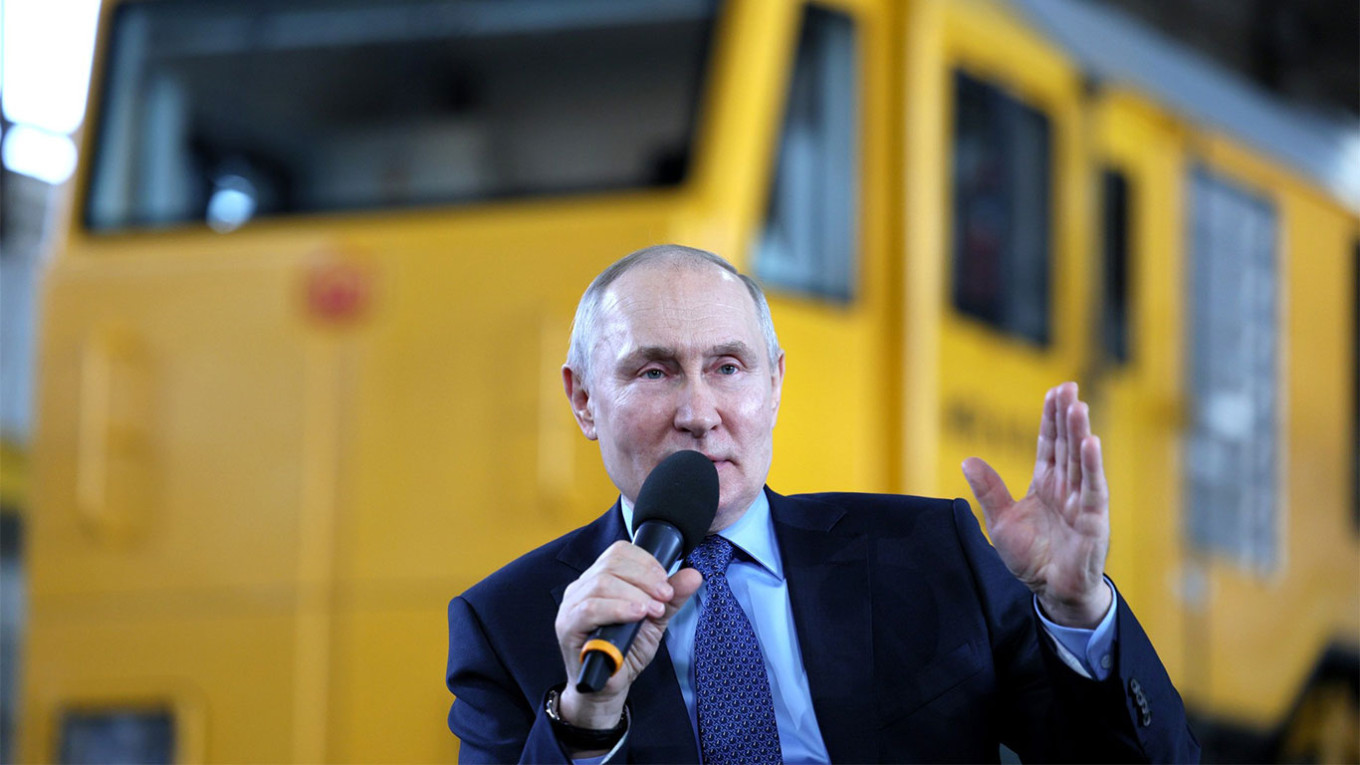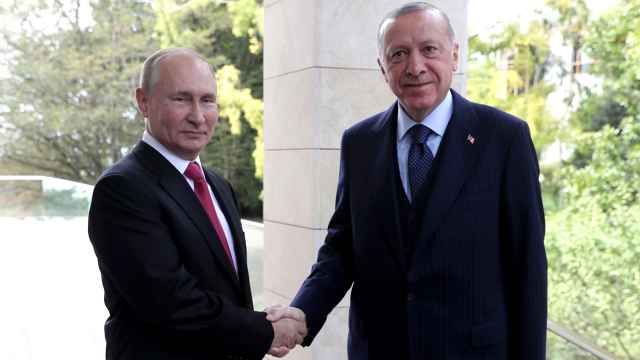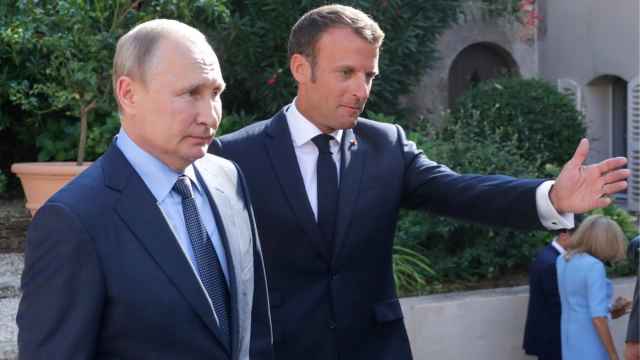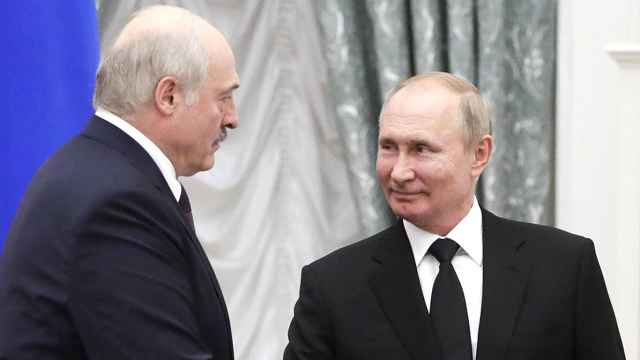President Vladimir Putin on Friday ordered officials to develop measures aimed at reversing the mass emigration of Russian citizens sparked by the invasion of Ukraine and the country’s “partial” mobilization of reservists.
Putin’s decree on amendments to Russia’s state migration policy notes that the emigration of Russian nationals abroad "increased" in 2022 "due to changing socio-economic conditions."
"In this regard, additional measures are required to create attractive financial, social and other mechanisms for preserving human capital and reducing the outflow of the population of the Russian Federation abroad," says the decree published on the state legal information portal.
According to estimates by demographer Alexei Raksha, between 550,000 and 800,000 Russian citizens may have left the country last year. Analysts at Alfa Bank, Russia’s private lender, have placed the wave of emigration to be around 1 million people.
This marks the largest wave of emigration since at least the fall of the Soviet Union, and possibly even since the Russian Revolution, when an estimated 1.16 million Russians fled abroad.
Russia’s Economic Development Ministry in September estimated a decrease in the workforce — or citizens between the ages of 18 and 65 — of 600,000 people.
Russia has lost over 23% of top programmers; state and private clinics have reported the departures of highly skilled doctors, and a survey by the Gaidar Institute among top managers and business owners in the industrial sector revealed a severe shortage of skilled workers on a scale not seen in the country's modern history.
A source familiar with meetings held in the Russian government in the autumn and winter told The Moscow Times that the wave of emigration "personally affected" Putin.
Those whom he had been counting on mobilizing were leaving the country without hesitation, and the authorities, observing the events in real-time, did not have the legal means to stop it.
"The exodus infuriated [Putin]. He gave instructions to prevent similar situations in the future and to cultivate patriotism in people," the official said.
The immediate response was the law on digitized summons, which was swiftly passed by both chambers of parliament and signed by the president.
The law de facto creates a registry of citizens who are not allowed to leave Russia and significantly restricts the rights of draft dodgers, including a prohibition on selling property and driving a car.
Former Russian President Dmitry Medvedev, deputy secretary of Russia’s Security Council, has said that all citizens who left the country should be classified as "enemies of society," even if no criminal or administrative cases were launched against them. He also called for denying them entry to Russia unless they publicly repent or receive amnesty.
Federation Council Senator Sergei Tsekov proposed seizing the property of all Russians who have left the country, "regardless of whether they are celebrities or IT specialists."
In mid-January, State Duma Speaker Vyacheslav Volodin called for enshrining the confiscation of property from those who "insult Russia, its residents, soldiers, and officers" in the Criminal Code. Anna Kuznetsova, the State Duma’s deputy speaker, said that this property could be transferred to orphaned children.
A Message from The Moscow Times:
Dear readers,
We are facing unprecedented challenges. Russia's Prosecutor General's Office has designated The Moscow Times as an "undesirable" organization, criminalizing our work and putting our staff at risk of prosecution. This follows our earlier unjust labeling as a "foreign agent."
These actions are direct attempts to silence independent journalism in Russia. The authorities claim our work "discredits the decisions of the Russian leadership." We see things differently: we strive to provide accurate, unbiased reporting on Russia.
We, the journalists of The Moscow Times, refuse to be silenced. But to continue our work, we need your help.
Your support, no matter how small, makes a world of difference. If you can, please support us monthly starting from just $2. It's quick to set up, and every contribution makes a significant impact.
By supporting The Moscow Times, you're defending open, independent journalism in the face of repression. Thank you for standing with us.
Remind me later.






